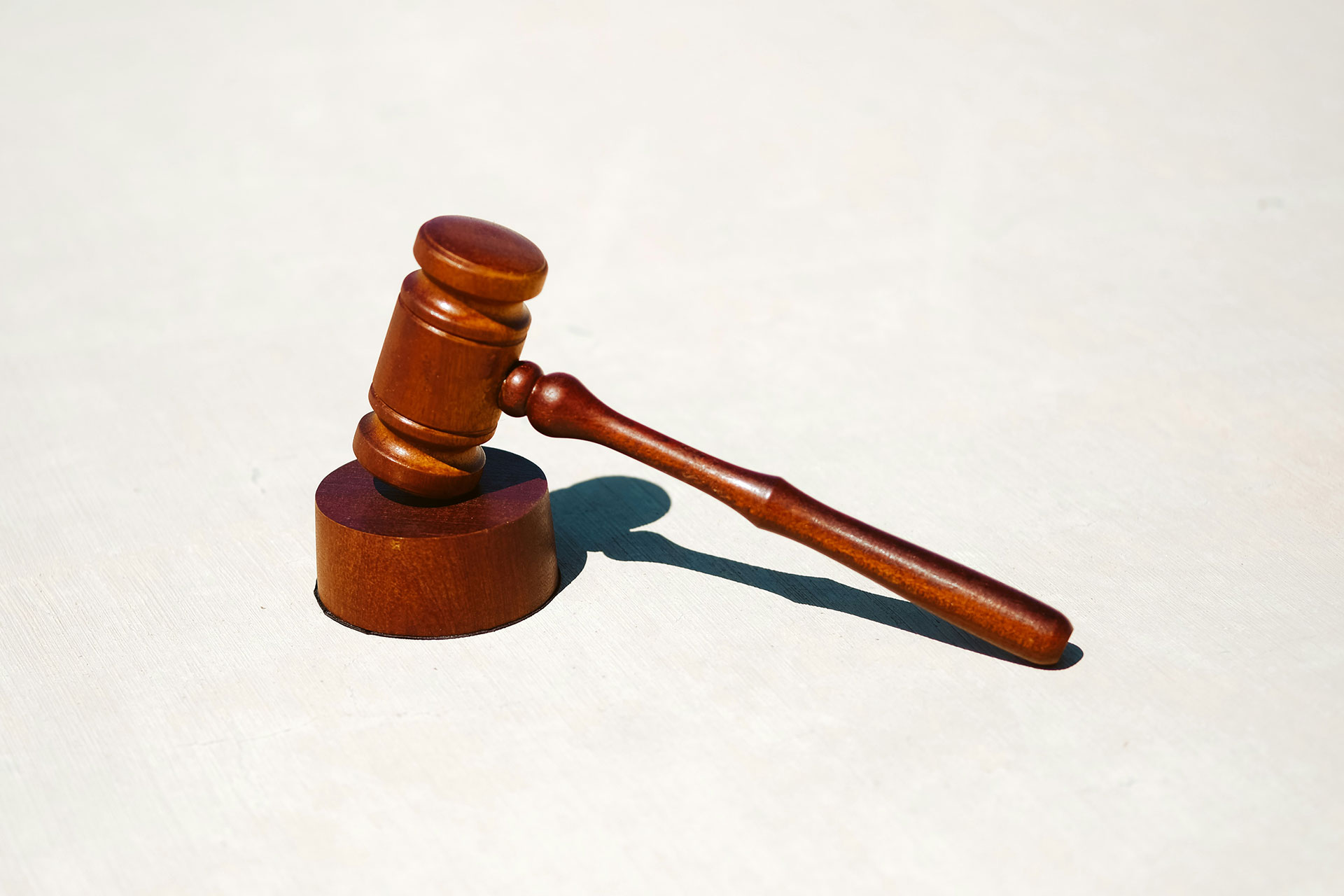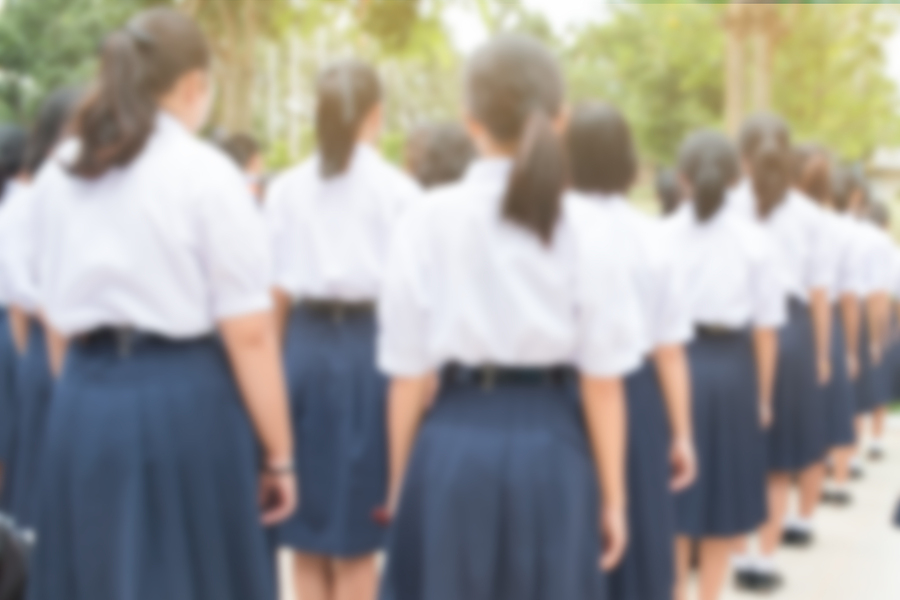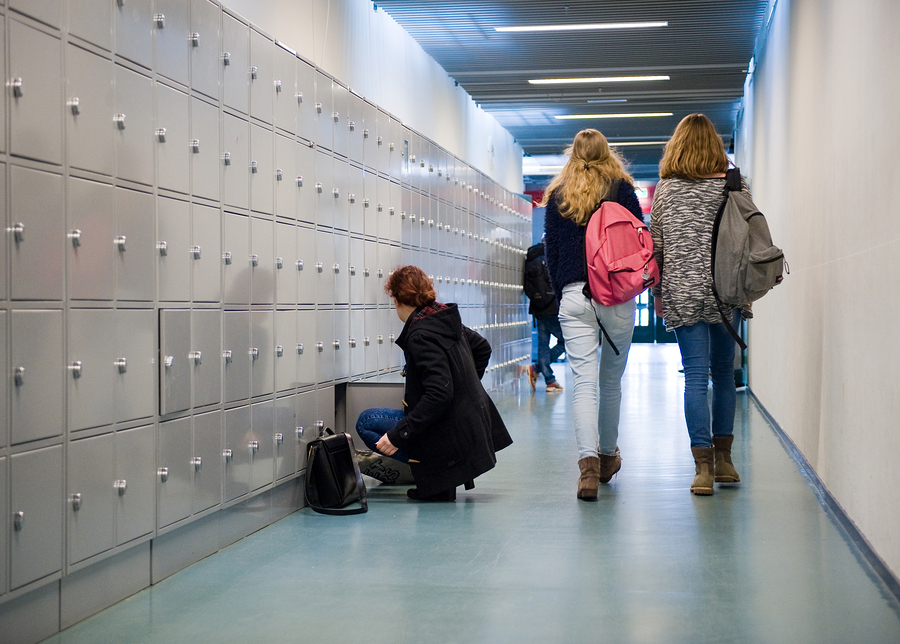Professional Standard of Care in Past Cases of Child Sexual Abuse in Public and Private Schools
Standard of care is a general expression of what constitutes care in professions such as medicine, nursing, education, or child care administration. In schools and other agencies responsible for the care and supervision of children, the professional standard of care is the ethical or legal responsibility of a professional to...







